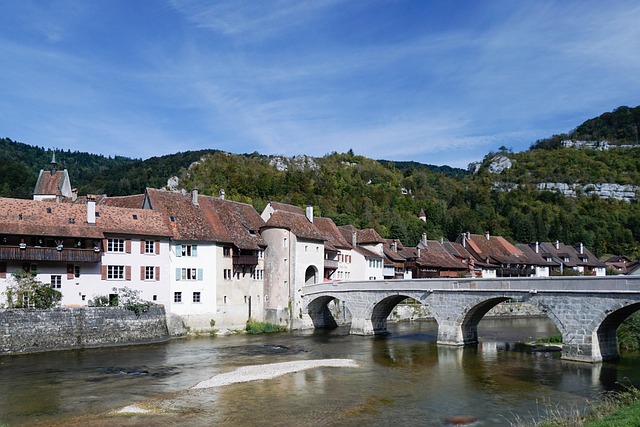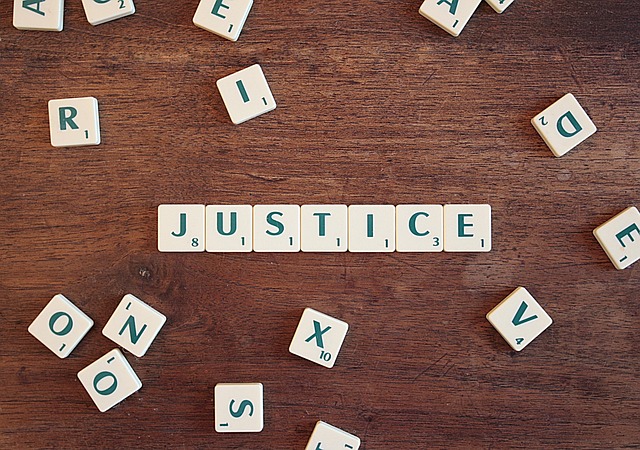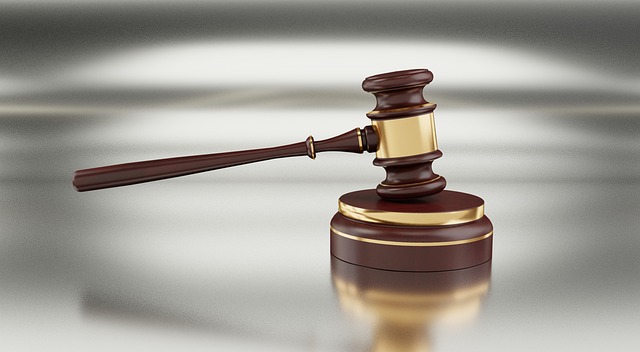Whistleblower protection laws are essential tools for upholding justice, safeguarding individuals who expose criminal activities or unethical practices within organizations from employer retaliation. The process mirrors a Criminal Procedure Timeline from Arrest to Trial, involving strategic planning, documentation, and evidence collection, with experienced attorneys guiding whistleblowers through this complex landscape. This timeline includes critical stages like arraignment, pretrial hearings, and building defenses centered around truth-telling and public interest to avoid indictment for noble acts of exposing wrongdoings.
“Uncovering wrongdoings within organizations often begins with whistleblowers—individuals who bravely step forward to expose illegal or unethical activities. This article delves into the legal landscape surrounding whistleblower protection lawsuits, guiding readers through a critical process.
We explore ‘Understanding Whistleblower Protection Laws,’ tracing the ‘Journey of a Whistleblower’ from initial reporting to legal action. The ‘Criminal Procedure Timeline’ highlights key stages post-arrest, while ‘Challenges and Defenses’ offer insights into navigating complex lawsuits.
Additionally, ‘Strategies for Success’ equip readers with tools to effectively ‘navigate the legal process,’ ensuring justice for whistleblowers.”
- Understanding Whistleblower Protection Laws: A Legal Framework
- The Journey of a Whistleblower: From Reporting to Legal Action
- Criminal Procedure Timeline: Key Stages After Arrest
- Challenges and Defenses in Whistleblower Protection Lawsuits
- Strategies for Success: Navigating the Legal Process
Understanding Whistleblower Protection Laws: A Legal Framework

Whistleblower protection laws play a pivotal role in safeguarding individuals who expose criminal activities or unethical practices within organizations. These legal frameworks are designed to encourage citizens to come forward with information that can lead to significant changes and justice. Understanding these protections is crucial, especially when navigating the complex criminal procedure timeline from arrest to trial.
The process often begins when a whistleblower reports illegal behavior, which could range from financial fraud to public health violations. This act of courage can trigger a series of events, including internal investigations and potential legal actions. Key protection laws ensure that whistleblowers are shielded from retaliation, such as firing or harassment, by their employers or related entities. An unprecedented track record of successful prosecutions has emerged, with these laws fostering a culture where ethical reporting is encouraged, and those who speak up are defended against adverse consequences. This not only holds wrongdoers accountable but also strengthens the bonds within philanthropic and political communities, promoting transparency and integrity.
The Journey of a Whistleblower: From Reporting to Legal Action

The journey of a whistleblower is a complex and often harrowing path that begins with the courageous act of reporting illegal or unethical activities within an organization. Once the initial report is made, the individual embarks on a legal process that mirrors a criminal procedure timeline from arrest to trial. In high-stakes cases, where the disclosures are significant and disruptive, whistleblowers face unprecedented challenges. They must navigate intricate legal landscapes, dealing with complex issues of public interest versus personal risk.
This journey involves strategic planning, thorough documentation, and a meticulous approach to evidence collection. The process is akin to a general criminal defense strategy, requiring a deep understanding of laws, regulations, and legal precedents. With an unprecedented track record of success in whistleblower protection lawsuits, experienced attorneys play a pivotal role in guiding whistleblowers through this labyrinthine process, ensuring their rights are protected and their voices are heard.
Criminal Procedure Timeline: Key Stages After Arrest

After an arrest, the criminal procedure timeline for a whistleblower protection lawsuit moves swiftly, with several key stages to be navigated before reaching trial. Initially, the accused has the right to remain silent, with any statements made potentially used as evidence later in the legal process. This period is crucial for understanding the charges and gathering initial defense strategies.
The following steps occur across the country in high-stakes cases involving general criminal defense. The accused will be informed of the official charges against them, typically during an arraignment hearing where they must enter a plea. From here, pretrial hearings are held to discuss evidence, potential witnesses, and legal arguments, with both prosecution and defense presenting their cases. This stage is critical for building defenses and preparing strategies that could significantly impact the outcome of the trial.
Challenges and Defenses in Whistleblower Protection Lawsuits

Whistleblower protection lawsuits present unique challenges that can extend far beyond the initial revelation of wrongdoings. After a whistleblower comes forward with evidence of criminal activities, such as fraud or white-collar crimes, they often face harsh repercussions from those exposed. These defenses can include retaliation tactics like firing, demotion, or even legal action against the whistleblower himself. Navigating these challenges requires a deep understanding of both criminal procedure and employment law.
The timeline from arrest to trial in cases involving whistleblowers is crucial. In many instances, individuals who expose fraud or economic crimes may find themselves facing charges, especially if they have insider knowledge. However, strong defenses can be built around the principles of truth-telling and public interest. For his clients, it’s essential to present a compelling narrative that justifies their actions as an attempt to rectify wrongs, thereby avoiding indictment for what could be considered a noble act of whistleblower protection.
Strategies for Success: Navigating the Legal Process

Navigating the legal process in whistleblower protection lawsuits requires a strategic approach. Understanding the criminal procedure timeline from arrest to trial is crucial for building a robust defense. In high-stakes cases, where accusations can be far-reaching and damaging, whistleblowers must ensure their actions align with the law. This often involves meticulous documentation of events leading up to the disclosure and a clear demonstration of ethical motivation.
The journey through the legal system can be complex, especially as cases gain public attention. Across the country, courts have been tasked with interpreting whistleblower protection laws, which can vary significantly from state to state. Avoiding indictment is a key objective, requiring attorneys to craft compelling arguments that highlight the legitimacy of the disclosure and mitigate potential penalties while upholding the integrity of the process.
Whistleblower protection lawsuits are a complex yet essential aspect of upholding justice and transparency. By understanding the legal framework, navigating the journey from reporting to legal action, and recognizing potential challenges, whistleblowers can play a crucial role in holding wrongdoers accountable. The key lies in recognizing the importance of timely actions, especially during the criminal procedure timeline from arrest to trial, where effective strategies for success can make all the difference in ensuring protections are in place.






